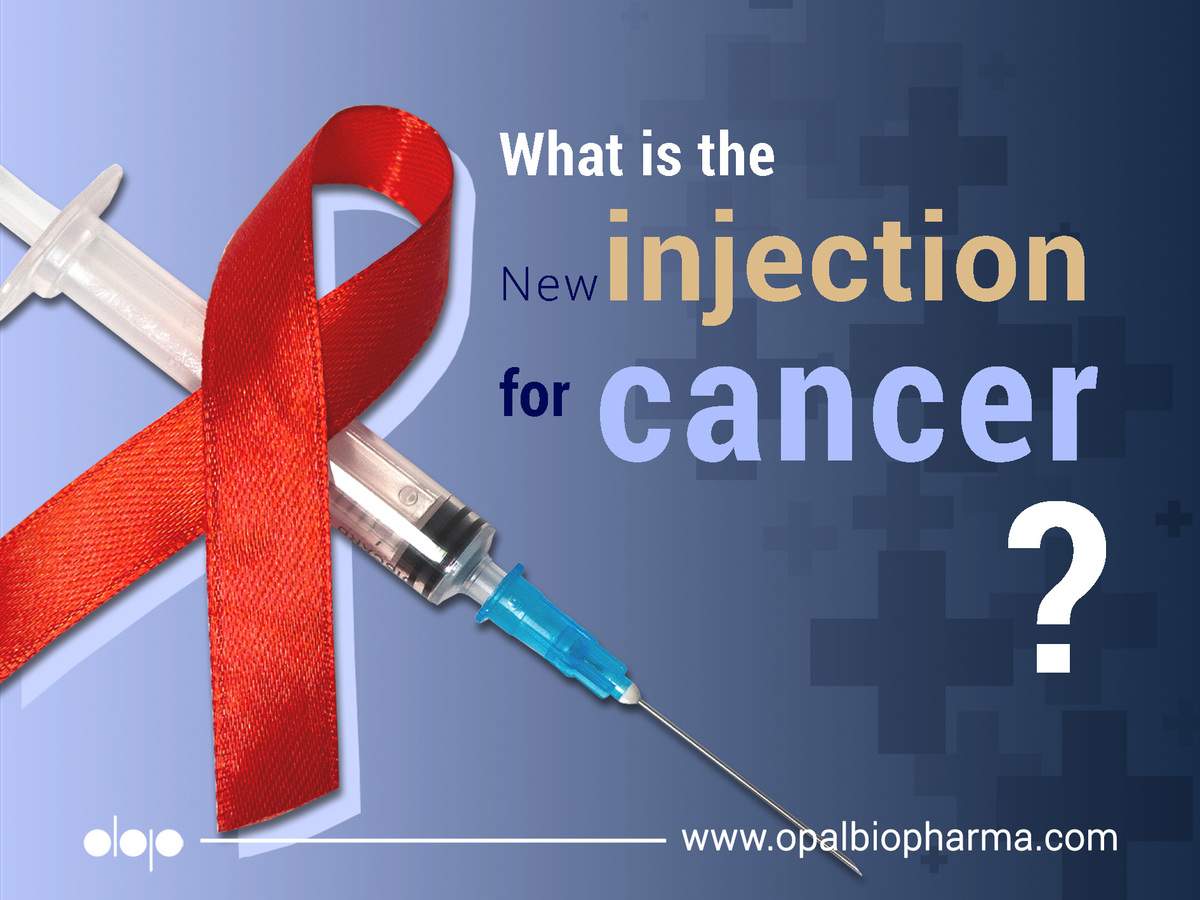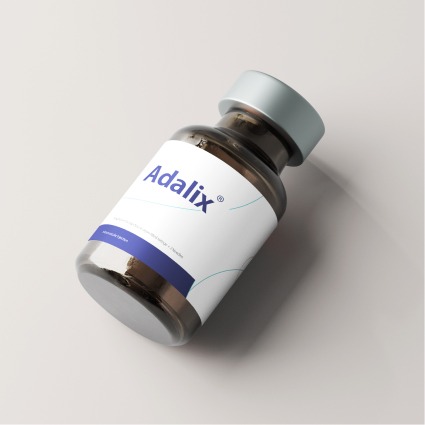Introduction
The medical landscape is continually evolving, with cancer treatment at the forefront of this progression. The year 2023 has been particularly notable for oncology, with the introduction of new injections for cancer, marking a significant milestone in medical innovation. These new injections for cancer, primarily in the form of vaccines, are set to revolutionize the approach to cancer therapy, offering precise and targeted treatment options. This article is dedicated to exploring the latest developments, achievements, and advantages of these new injections for cancer. It aims to provide an in-depth analysis of their mechanisms, efficacy as evidenced in clinical trials, and their transformative potential in the field of cancer care. Understanding the impact and possibilities of these new injections for cancer is vital in grasping the future trajectory of cancer treatment and its implications for patient health and healthcare systems worldwide.
Overview of New Injections for Cancer
In recent years, the field of oncology has experienced remarkable progress with the advent of new injections for cancer, particularly through the utilization of mRNA technology. A notable instance of this advancement occurred in July 2023 when Moderna and Merck initiated a phase 3 trial for their groundbreaking melanoma vaccine, mRNA-4157, in combination with pembrolizumab. This new injection for cancer signifies a transformative moment in the realm of personalized cancer treatment. It underscores the impressive potential of mRNA technology within oncology, heralding a new era of treatment options that are more tailored and potentially more effective than traditional cancer therapies. The initiation of this trial marks a significant step forward in the fight against cancer, showcasing the innovative strides being made in developing new and effective cancer treatments.
mRNA-4157 Vaccine Details
mRNA-4157 is a personalized new injection for cancer, targeting up to 34 patient-specific neoantigens. This approach is revolutionary in cancer treatment, tailoring the new injection for cancer based on the individual’s tumor profile, enhancing the vaccine’s efficacy.
Latest Advancements in New Injections for Cancer
The latest advancements in new injections for cancer involve various approaches, including novel immunotherapies and personalized vaccines. One significant development is in the realm of therapeutic cancer vaccines, which have shown promise in eliciting T-cell responses targeting tumor antigens. These new injections for cancer, by amplifying the body’s immune response to cancer cells, represent a significant leap forward in oncology.
Clinical Trials and Future Prospects
The current landscape of new injections for cancer is marked by ongoing clinical trials focusing on tumor-specific immunogenicity and anti-tumor efficacy assessment. These new injections for cancer hold immense potential for the future of cancer treatment.
Achievements in New Injections for Cancer Therapy
Among the remarkable achievements in new injections for cancer therapy, the development of vaccines that robustly engage the immune system in the fight against cancer stands out. A prime example of this is the emergence of mRNA-based neoantigen vaccines. These vaccines, representing a new injection for cancer, have been pivotal in their demonstrated efficacy, particularly in significantly reducing the risk of melanoma recurrence and mortality. This achievement in new injections for cancer therapy is not just a medical breakthrough but a beacon of hope for patients, heralding a new era in cancer treatment where personalized and targeted approaches can lead to more effective and potentially life-saving outcomes.
Neoantigen-Based Cancer Vaccines
Neoantigen-based cancer vaccines, a type of new injection for cancer, have shown considerable promise in stimulating cytotoxic T cells for effective anti-tumor responses.
Advantages of New Injections for Cancer
The new injections for cancer present a significant advancement over traditional cancer treatments, offering numerous benefits. They are distinguished by their highly targeted approach, which not only reduces the risk of cancer recurrence but also decreases the likelihood of mortality in certain types of cancers. This precision in targeting cancer cells ensures a more effective treatment regimen. Furthermore, these new injections for cancer are tailored to the specific needs of individual patients, which enhances their overall effectiveness. By customizing treatments, these new injections for cancer also reduce the potential for adverse side effects, a common challenge with more conventional cancer therapies. This patient-centric approach in the development of new injections for cancer marks a pivotal shift towards more personalized and considerate cancer treatment strategies.
Vaccine Platforms and Delivery Methods
Different vaccine platforms, including DNA and RNA vaccines, have their unique advantages. DNA vaccines are known for their efficient manufacturing process and ability to deliver multiple antigens simultaneously. RNA vaccines, highlighted by the success of mRNA COVID-19 vaccines, offer a well-tolerated delivery method without the risk of genome integration and are known for their flexibility and versatility.
Discussing Opal Bio Pharma (OBP)
In the context of these advancements, Opal Bio Pharma (OBP), a biopharmaceutical company in Oman, is at the forefront of developing new injections for cancer and treatment methods for cancer. OBP’s contribution to this field, especially in Central and Eastern Europe, showcases its commitment to raising Oman’s flag among medical industry leaders.
OBP’s Role in Cancer Therapy
OBP plays a pivotal role in advancing new injections for cancer therapy through its focus on oncology, immunology, and gene therapy. While specific details of OBP’s contributions in the realm of new injections for cancer are limited, its overarching aim to innovate and provide effective treatment options remains evident.
Conclusion
The exploration of new injections for cancer in 2023 has ushered in a new era of hope and possibility in cancer treatment. These innovative approaches, particularly in the form of personalized mRNA vaccines, represent a paradigm shift in oncology, offering more effective, targeted, and patient-specific treatments. The advancements and achievements in this field, coupled with the involvement of companies like Opal Bio Pharma, underscore a collaborative effort toward conquering one of humanity’s most daunting medical challenges. As research and trials continue, the potential for these new injections for cancer to significantly impact cancer care is immense, signaling a promising future in the fight against cancer.

